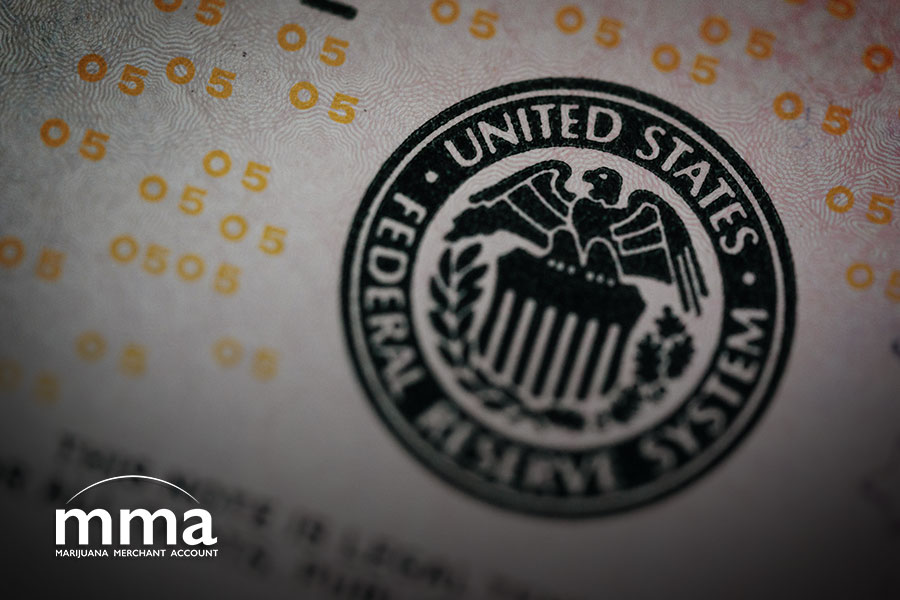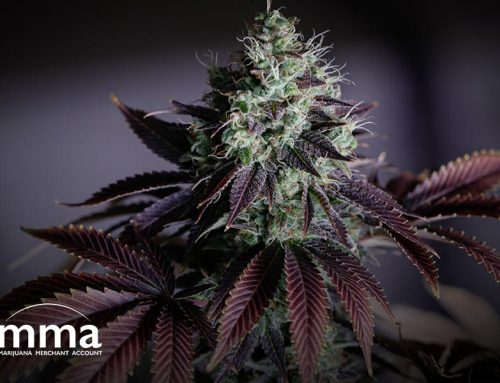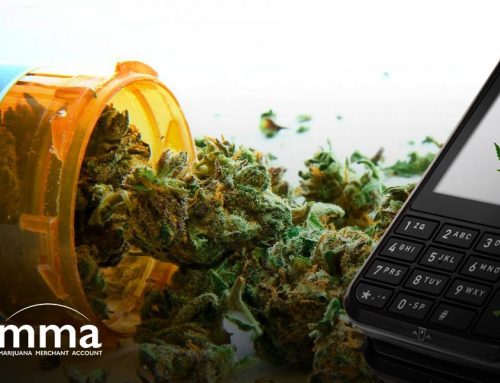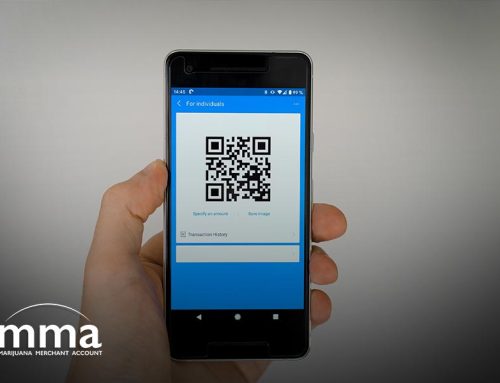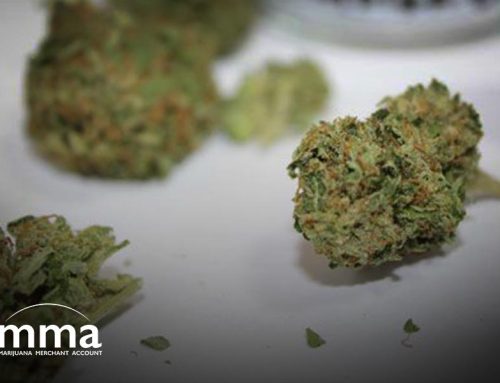Fewer banks reported that they worked with cannabis-related businesses in the latest report from Financial Crimes Enforcement Network (FinCEN), but it’s not clear why.
FinCEN suggested in its report that this short-term decline could be because financial institutions are exceeding the 90-day requirement for filing suspicious activity reports (SARs). Banks must file SARs when working with cannabis-related businesses, and if they don’t meet the 90-day requirement, they’re temporarily counted as a bank that doesn’t work with cannabis. All these filings can be a hassle for banks, as it’s above and beyond the kind of reporting they have to do for other accounts. It’s also no guarantee that the federal government won’t penalize a financial institution. As it is, some banks are taking over 180 days to file SARs.
The trouble with SARs, of course, stems from the federal prohibition of cannabis. As banks are federally regulated, they are officially prohibited from working with cannabis. With many states regulating cannabis now, whether medically or for adult use, some financial institutions are filing SARs and taking the risk by scant guidelines they have been given. For federally recognized industries, SARs are not often required and this now includes hemp-only accounts. Hemp was removed as a controlled substance at the federal level, and FinCEN pointed that out in it’s recent update as to why it did not count banks working with hemp-related businesses in its totals as they’ve done in the past.
Another major factor that is likely contributing to fewer banks working with cannabis-related businesses is the pandemic and the economic contraction it has caused. Money is tight, which makes banks reconsider riskier ventures. There were also rumors a few months ago that an antitrust investigation was soon coming, and that was enough to scare some financial institutions away.
The new FinCEN report has been disappointing news to many, as it marks an even more difficult time for cannabis-related businesses to get the banking services they need. It prevents more cannabis-related businesses from getting basic services like checking and saving accounts, when they’re already shut out of credit card processing, business loans, financing, and other commercial services. That has made operating during a pandemic more difficult, as more customers want to operate in a contactless way and cash is inherently dirty from all the handling it gets.
There has been recent movement to get better federal guidance for banks in the form of the Secure and Fair Enforcement (SAFE) Banking Act. This tried and failed in 2019, though it got the furthest that any bill of its kind has ever gone in Congress. The language of the SAFE Banking Act was revived as a component of a proposed pandemic relief bill that has been under consideration for weeks. It’s unclear at this point if it will pass, as several in Congress seem reluctant to issue another relief bill.
—
Do you think the elements of the SAFE Banking Act will be passed in 2020? Let us know what you think in the comments down below.

